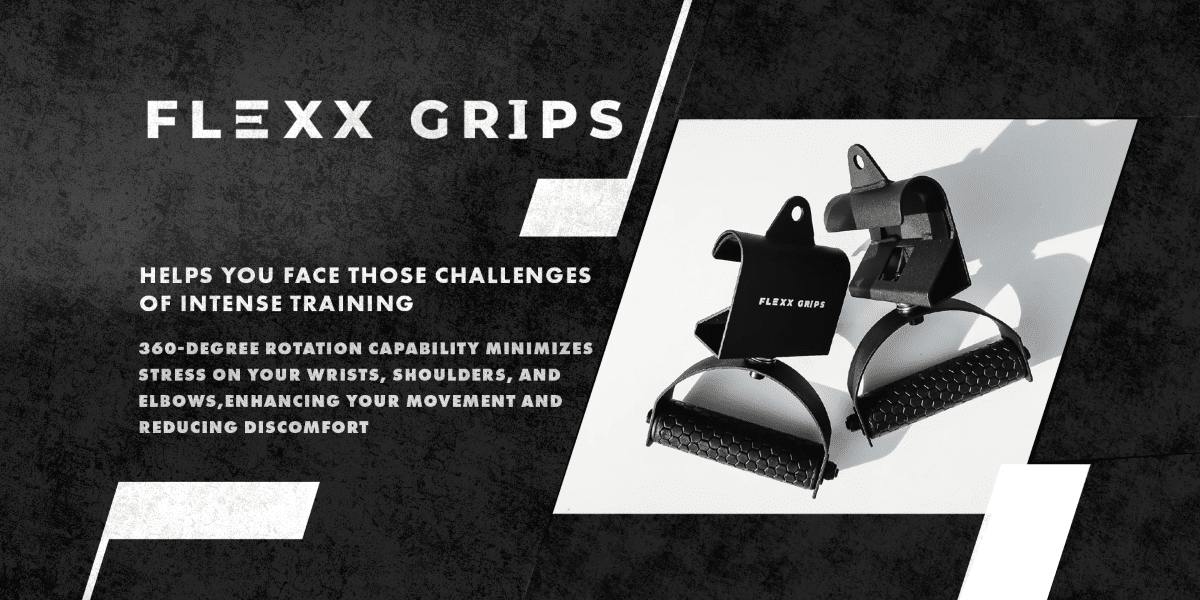The following is adapted from the book One People One Planet, by Mike Glauser.
Sigmund Freud introduced the idea of an ego early in the 20th century. He claimed there are three parts to our personality: the id, the superego, and the ego.
The id is our primitive and impulsive nature that wants immediate pleasure and gratification. The superego is our conscience or moral compass that tells us what is acceptable and unacceptable in society. The ego is our conscious mind that mediates between the id and superego and becomes our identity or concept of self.
Many scholars and social scientists have expanded the concept of the ego or self-identity since the time of Freud. Numerous studies show that our perceived self-identity has a significant impact on our lives. It influences our communication, behavior, relationships, decision-making, judgments of others, buying behavior, food choices, and so on.
As we act in accordance with our ego, the feedback we receive reinforces our self-identity; hence, our ego becomes a victim of itself and continues to influence our behavior in predictable ways. Although our self-identity can continue to develop throughout our lives, our self-perceptions remain fairly stable in adulthood.
The fact that we all have an ego is not all bad. It helps us control our impulses, gives us a reliable sense of self, and helps us navigate our world. Unfortunately, though, as you’ll see, our ego can also foster a host of undesirable characteristics. This is why, if you want to enjoy greater satisfaction in your life—and be a better leader at work—you have to develop a healthier and more functional self-identity.
Playing the Comparison Game
One of the least desirable things our ego does is make constant comparisons with other people. Some of us do this more than others, but we all tend to evaluate how we fit into our social environment. It is like we are climbing a ladder and people are either above us or below us in various aspects of our identity.
When we move up a rung in our own mind, someone else moves down. It’s as though we are the main actor in our own internal movie. Social media has made this process worse, as we post things about our “ideal” lives—relaxing on a beach, skiing in the mountains, welcoming a new baby, hugging loved ones, and so on. Even though these experiences are awesome, they don’t represent the full picture of heartaches, challenges, and failures we all experience.
Recent studies show that we feel better about ourselves as we make comparisons to people who are below us on the social ladder. However, when we compare ourselves to people we believe are above us, we tend to ruminate more about ourselves and have more depressing thoughts.
This continual process of comparison can lead to two outcomes: a seriously inflated ego that says we are better than other people or an overly deflated ego that says we are not as good as other people.
Obsessing About Ourselves
Our egos can also cause us to obsess more about ourselves than others. As soon as we get out of bed, we worry about how our day will go, we wonder how others will perceive us, we ruminate about ourselves during conversations, we wonder if we’ve said the right things, we worry about mistakes we’ve made, and on and on. It’s like being trapped on a claustrophobic treadmill of self-centeredness.
A group of scholars recently developed a method for assessing the strength of the ego on a scale from “noisy” to “quiet.” The “noisy ego” is self-centered, defensive, and unaware of the needs and perspectives of others. In contrast, the “quiet ego” is humble, non-defensive, aware of the needs and perspectives of others, and interested in personal development.
Numerous studies show that people with a quiet ego have greater self-compassion, positively manage their emotions, experience lower levels of stress, are able to persevere in adversity, and enjoy greater life satisfaction.
Servant Leadership Versus Authoritarianism
A similar line of research has been occurring in organizations for the past few decades. The concept of “servant leadership” is comparable to the “quiet ego.” Servant leaders are other-oriented and focus on the needs, capabilities, and potential of their followers. They don’t ignore performance, but the development of their people is their primary focus.
By contrast, traditional authoritarian leaders have a strong self-interest. They operate from the top of a hierarchy and use their position and power to achieve results that make them look good. They don’t hesitate to sacrifice their people to the profits and performance of the organization, which sounds a lot like a “noisy ego.”
Hundreds of studies have shown that servant leadership, as opposed to autocratic leadership, produces a number of attractive outcomes in organizations. For example, trust in the leader is higher, collaboration is better, job satisfaction is higher, team performance is better, and member turnover is lower.
Practice Continual Humility
One of the best examples I have seen of a servant leader with a quiet ego is Mel Torrie, founder of Automated Solutions. Mel’s company builds robots and unmanned vehicles for the mining, agriculture, military, and construction industries.
Mel has more than 100 well-educated team members working with him. They build everything from small bomb-removing robots to massive trucks that operate without a driver.
Mel is a lifetime student of leadership and is always searching for ways to improve his company. After a great deal of study and thought, Mel developed his “Humble” program. The idea is that team members need to check their egos at the door, freely share their ideas, willingly accept feedback, and collaborate to achieve their full, ultimate potential.
Mel believes that being humble—mastering your ego—is the overarching quality that helps us develop our other character traits. He feels it is absolutely essential for achieving the lofty goals he has for his company: to be a place where people want to work even if they don’t have to, and to provide financial independence for all team members.
Achieve Your Potential and Enjoy Greater Satisfaction
Mel has developed an assessment tool to measure “Humble,” which he administers quarterly and talks about constantly with his team members. So how well is his program working? Under Mel’s leadership, Automated Solutions has grown to one of the largest privately held robotics solutions companies in the world.
Mel believes his “Humble” program has significantly shaped the culture of the company and plays a huge role in their success. He regularly hears comments like, “My leader really listens to me,” “I have an impact in the organization,” and “I love coming to work every day.”
This is a perfect example of why it’s so important to master your ego. Although humility is one of the hardest qualities to develop, it is a key ingredient for achieving our potential, working cooperatively with others, and enjoying greater satisfaction in our lives and careers.
For more advice on how to master your ego, you can find One People One Planet: Six Universal Truths for Being Happy Together on Amazon.
Michael Glauser is an entrepreneur, business consultant, and university professor. He has built successful companies in the retail, wholesale, and educational industries and has worked with hundreds of businesses—from startups to multinational enterprises—in leadership development, communication, team building, and organizational strategy.
Today, Mike serves as Executive Director of the Center for Entrepreneurship in the Jon M. Huntsman School of Business at Utah State University. He’s also the Director of the SEED self-sufficiency program, helping people around the world to improve their standard of living and benefit their communities through entrepreneurship.









